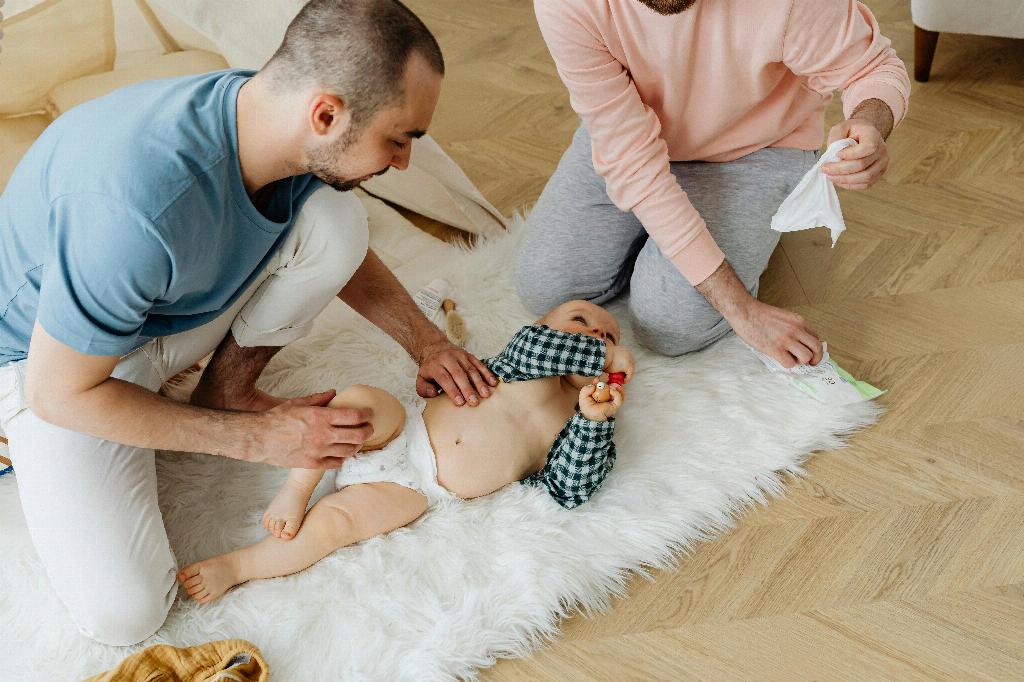When it comes to using diapers for newborns, it is essential to understand the importance of maintaining proper hygiene and comfort for your little one. Newborn babies have delicate skin that requires frequent diaper changes to prevent diaper rash and ensure optimal cleanliness.
Frequency of Diaper Changes
Typically, diapers for newborns should be changed every 2-3 hours, or immediately after the baby has defecated. It is crucial not to let the baby stay in a wet or soiled diaper for an extended period, as this can lead to skin irritation and discomfort.
Signs of a Wet Diaper
It is not advisable to wait until the diaper feels wet before changing it for your newborn. Instead, look out for signs such as a bulging diaper, a damp feeling on the outside, or a distinctive odor. These indicators suggest that it’s time for a diaper change.
Importance of Prompt Diaper Changes
Changing a diaper promptly is essential for maintaining the baby’s skin health and comfort. Prolonged exposure to moisture can cause diaper rash, a common skin condition that can be uncomfortable for the baby and distressing for parents.
Diapering Practices
Ensure that you clean the baby’s diaper area thoroughly during each diaper change. Use gentle wipes or a damp cloth to cleanse the skin, and allow the area to dry completely before putting on a fresh diaper. This helps prevent irritation and keeps the baby’s skin healthy.
Avoiding Diaper Overuse
While it may be tempting to stretch the usage of a single diaper, it is not advisable for newborns. Regular diaper changes are crucial for maintaining hygiene and preventing discomfort, especially considering the baby’s sensitive skin.
Safety Concerns
Leaving a baby in a wet or soiled diaper for an extended period can increase the risk of diaper dermatitis, a form of skin irritation. To ensure your baby’s well-being, prioritize frequent diaper changes and proper hygiene practices.
Understanding Diaper Absorbency
Diapers are designed to absorb moisture and keep the baby dry, but they have a limited capacity. For newborns, it’s essential to change diapers regularly to maintain optimal absorbency and prevent leaks or discomfort.
Environmental Considerations
While it’s important to change diapers promptly for your baby’s health, it’s also essential to consider the environmental impact of excessive diaper usage. Balance diaper changes with sustainability practices to minimize waste.
Promoting Baby’s Comfort
By ensuring timely diaper changes and proper hygiene, you contribute to your baby’s overall comfort and well-being. A dry and clean diaper area helps prevent irritation and allows your baby to feel cozy and content.
Final Thoughts on Diaper Usage
When it comes to using diapers for newborns, prioritize frequent changes, proper cleansing, and attentive skincare. By maintaining a consistent diapering routine, you help promote your baby’s health, comfort, and happiness.

